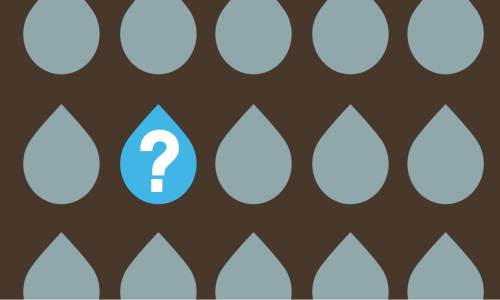Publishing in the Chemical Sciences
The publication process isn’t easy, whatever your discipline. In this series of modules we turn the spotlight on getting published in the Chemical Sciences. You will hear from several experts in the field who talk openly about their own experiences.
You will learn the ingredients required to create a strong manuscript, including article structure, writing style, and language. The area of publication ethics is explored in detail, so you know where the pitfalls and danger points lie. Additionally, there are lively discussions on the topic of peer review in the Chemical Sciences, with tips on what makes a good review and what to consider before accepting a review request.
What you will learn
- How to prepare your manuscript
- The publishing ethics involved
- Guidance on peer review



